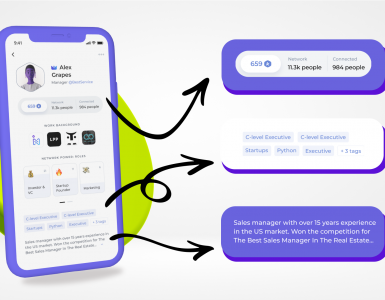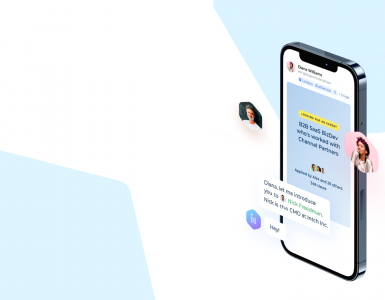For startups that are looking into developing their digital marketing efforts, search engine optimization (SEO) and pay-per-click (PPC) are particularly crucial. When done right, both SEO and PPC can generate the traffic and conversions you need to keep up with competitors and boost your brand. As mentioned in a previous article titled ‘Why Invest in Your Startup’s Brand’, it is through brand awareness and recognition that you can create growth and lifetime value for your business.
However, if you’re still getting acquainted with SEO and PPC, it may be overwhelming to decide where to start and how to set up your marketing strategy. This guide will walk you through the main differences between SEO and PPC and how they can be implemented, so you can better maximize your investments and meet your growth targets.

Main differences between SEO and PPC
Free vs Paid
For starters, SEO refers to the process of acquiring higher organic rankings on search results by using specific and relevant keywords on your website. This process can be done at little or no cost at all, making it affordable for early-stage startups with limited budgets.
Meanwhile, PPC involves direct costs, as you only have to pay for the exact clicks you get after search engines or other websites agree to host your ads. While the exact cost-per-click depends on your industry, chosen keywords, and ad quality, expect higher costs if your competitors also run paid ads.
Slow results vs Immediate returns
While SEO is cost-effective, it doesn’t show results overnight. Your website’s visibility depends on how long it takes for bots to assess its relevance and index it in search engine results pages (SERPs). In contrast, PPC delivers immediate returns on investment. A well-planned PPC campaign can put your brand at the forefront of the public’s consciousness, even as you’re still waiting for your SEO efforts to take effect.
Common SEO and PPC strategies
Keyword research
In deploying SEO strategies, it is essential to conduct keyword research to see which ones are high-performing and can thus help you rank organically. As long as you continually optimize your content to reach and maintain your target position, you’ll have a steady stream of website traffic. If you’re trying to save costs, there are built-in Google tools like the Keyword Planner to help narrow down your keyword list and even discover new search terms that are more relevant to your industry and brand.
Native advertising
The typical PPC ads come in the form of visual product listings or banners that you see on Google and other search engine landing pages. But according to a GlobeNewsWire report on digital advertising, native advertising outperforms other channels by increasing brand favorability by 15%, message association by 87%, and consumer awareness by 10%. Native ads refer to paid content that seamlessly blends with the publisher’s website, making it less likely for consumers to skip and ignore the ad. If you own a finance-based startup, you can look into getting your native ad copy published in the financial columns of publications like Forbes and Entrepreneur.
Integrated SEO and PPC
There is also a way to combine both SEO and PPC efforts in order to maximize the total volume of website traffic from paid and organic visibility. Ayima highlights how Google AdWords competition allows you to bid on competitor keywords and outrank them on the SERPs.
While this can rack up costs, especially if you’re up against already-established brands, it helps to choose your competitors wisely and target terms that drive traffic away from competitors and to your brand instead. You should also be consistent with testing and optimizing, so you know which terms are not working and must therefore be excluded from your investments.
Another cost-effective strategy that maximizes SEO and PPC at once is user experience (UX). As recommended by a list of the best UX practices by Forbes, you can optimize your site speed and make your landing page responsive so that visitors spend more time on your website and are converted into customers — regardless if they discovered your startup from search results or your paid ads.
Whether you decide to approach SEO and PPC strategies as separate or integrated, you can complement your digital marketing efforts with meaningful business networks to boost your chances of success. Intch is a professional networking app where you can match with users relevant to your industry, and grow personally and professionally through the power of community.
Written by JB Moore for intch.org







Add comment